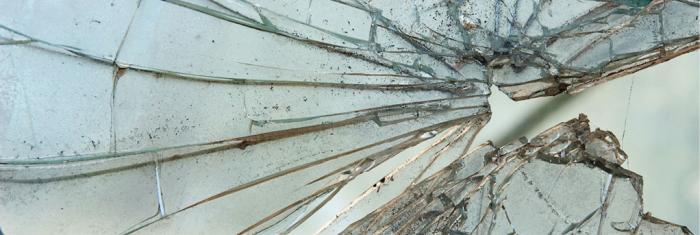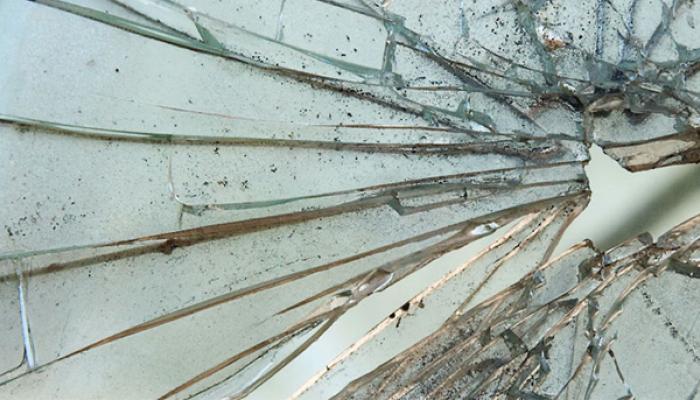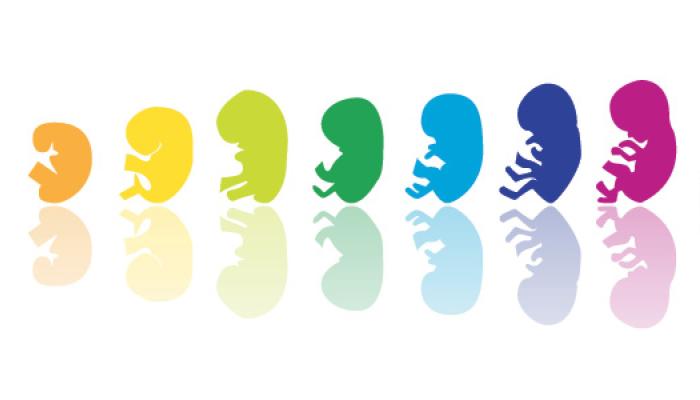
4.31 A duhet ta pranoj trupin tim ashtu siç është?
Zoti na krijoi [> 1.2]. Ai krijoi edhe trupin tonë dhe e quajti tempull (I Kor. 6: 19–20) I Kor. 6: 19–20:Apo nuk e dini se trupi juaj është Tempulli i Shpirtit Shenjt që banon në ju që e keni prej Hyjit dhe se ju nuk i përkitni më vetvetes? Sepse jeni blerë me çmim të lartë. Prandaj, jepini lavdi Hyjit në trupin tuaj!..Trupi ynë është dhuratë e Zotit. Kur qëllimisht i shkaktojmë vetes vuajtje fizike ose gjymtojmë trupin tonë pa ndonjë arsye mjekësore të rëndësishme [> 4.40], ne nuk po i përgjigjemi kësaj dhurate në mënyrën e duhur [> 4.38].
Pamja jonë nuk është burimi i vlerës tonë si qenie njerëzore! Kjo vlerë e ka burimin vetëm te Zoti, i cili na dha pamjen tonë dhe që na do ashtu siç jemi.
How should we treat our body?
The Fifth Commandment forbids also the use of violence against one’s own body. Jesus expressly demands that we accept and love ourselves: “You shall love your neighbor as yourself” (Mt 22:39).
Self-destructive acts against one’s own body (“body piercings”, cutting and so on) are in most cases psychological reactions to experiences of abandonment and a lack of love; hence they call first and foremost for our sincere and loving response. Within the context of organ donation, it must be made clear, however, that there is no human right to troy one’s own God-given body. [Youcat 387]
What sorts of acts violate the human right to bodily integrity?
This right is violated by the use of violence, kidnapping and hostage taking, terrorism, torture, rape, and forced sterilization as well as by amputation and mutilation.
These fundamental violations against justice, charity, and human dignity are not justified even when they are backed by government authority. Conscious of the historical guilt of Christians as well, the Church today fights against all use of physical or psychological force, especially against torture. [Youcat 392]
Is it permissible to experiment on a live human being?
Scientific, psychological, or medical experiments on a live human subject are allowed only when the results that can be expected are important for human well-being and cannot be obtained otherwise. Everything, however, must take place with the free and informed consent of the subject in question.
Moreover, the experiments must not be disproportionately risky. To make human beings the subjects of research against their will is a crime. The fate of the Polish resistance fighter Dr. Wanda Poltawska, a close confidant of Pope John Paul II, reminds us what was at stake then and still is now. During the Nazi period, Wanda Poltawska was a victim of criminal human experiments in the Ravensbrück concentration camp. Later Dr. Poltawska, a psychiatrist, advocated a reform of medical ethics and was among the founding members of the Pontifical Academy for Life. [Youcat 390]
Benedikti XVI pohonte se ekziston një «ekologji e njeriut» sepse «edhe njeriu ka një natyrë që duhet ta respektojë dhe që nuk mund ta manipulojë sipas qejfit»...Pranimi i trupit tonë si dhuratë e Hyjit është i nevojshëm për ta marrë e pranuar krejt botën si dhuratë të Atit dhe shtëpi të përbashkët; ndërsa një logjikë e sundimit mbi trupin tonë shndërrohet në një logjikë nganjëherë të hollë sundimi mbi botën e krijuar. Të mësojmë ta pranojmë trupin tonë, të kemi kujdes për të dhe të respektojmë domethëniet e tij është thelbësore për një ekologji të vërtetë njerëzore. Edhe ta çmojmë trupin tonë në të qenit e tij femëror apo mashkullor është e nevojshme që të mund ta njohim vetveten në takimin me tjetrin që është i ndryshëm prej nesh. [Papa Françesku, Laudato Si, 155]





